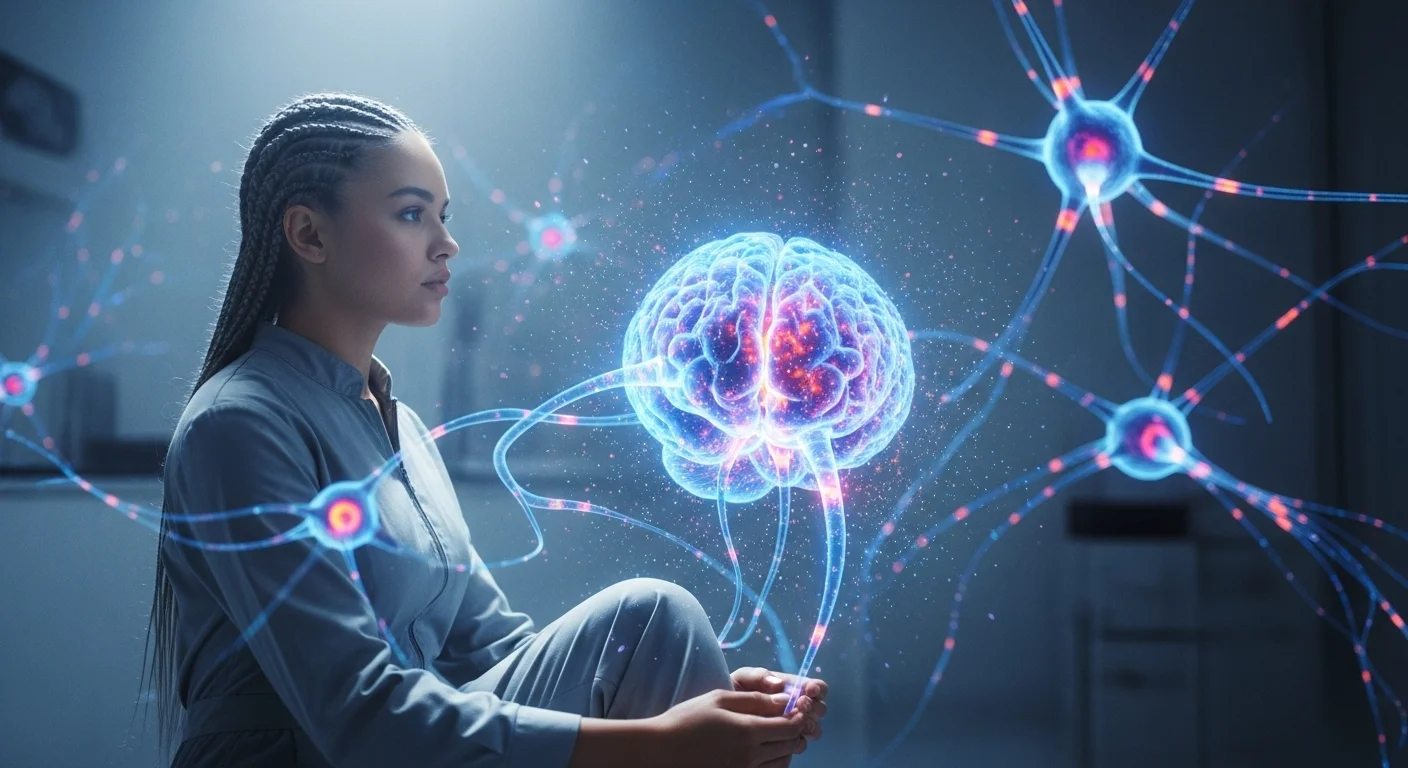Adult Brains Generate New Brain Cells: A Scientific Breakthrough
For decades, the scientific community held a steadfast belief: the human brain, after reaching adulthood, ceases to generate new neurons. This long-held assumption is now being challenged by groundbreaking research revealing compelling evidence that adult brains do continuously produce new brain cells.
A Revolution in Neuroscience
This revolutionary finding, published in a leading scientific journal, overturns a fundamental tenet of neuroscience. The research focuses on the hippocampus, a crucial brain region responsible for memory consolidation and emotional regulation. Previous studies had shown neurogenesis (the birth of new neurons) in some animals, but definitive proof in adult humans remained elusive, largely due to the difficulty in identifying the neural progenitor cells – the precursors to new neurons – within the complex human brain.
Unlocking the Mystery with Artificial Intelligence
Researchers employed cutting-edge artificial intelligence (AI) techniques to overcome this hurdle. They began by identifying the unique genetic signature (RNA sequence) of neural progenitor cells in the brain tissue of children. Using sophisticated machine learning algorithms, they developed a powerful tool capable of identifying these cells even within the vastly more complex landscape of adult brain tissue.
This AI-powered analysis was then applied to donated brain tissue samples spanning a wide age range, from infancy to late adulthood. The results were striking: neural progenitor cells were detected in a significant number of adult brain samples, and immature, newly formed neurons were observed in nearly all samples. This provides the first direct, conclusive evidence of ongoing neurogenesis in the adult human brain. These newly generated neurons were predominantly located in the dentate gyrus of the hippocampus, a region strongly associated with the formation of new memories.
Individual Variability and Implications for Brain Health
Interestingly, the study revealed significant individual variability in the number of neural progenitor cells and immature neurons observed. Some individuals showed substantially higher levels than others. This variation raises intriguing questions about the potential link between neurogenesis, memory function, and overall brain health. Further research is needed to explore this connection. One particular observation highlighted a correlation between higher levels of neurogenesis and a history of epilepsy in one of the participants.
A New Dawn for Neurological Disease Treatment?
The implications of this discovery are profound. The possibility of continued neurogenesis in the adult brain opens exciting new avenues for treating neurological disorders such as Alzheimer’s disease and depression. Animal studies have already implicated a deficiency in neurogenesis as a contributing factor in these conditions. Understanding the mechanisms that govern neurogenesis and the ability to modulate this process could offer revolutionary new therapeutic approaches.
The Future of Neurogenesis Research
This research marks a pivotal turning point in our understanding of the adult brain’s plasticity and regenerative capacity. The focus now shifts to investigating how these newly generated neurons contribute to brain function and how this process is affected by aging, disease, and lifestyle factors. This exciting new frontier promises to reshape our understanding of the brain and pave the way for innovative treatments for a wide range of neurological conditions. The ongoing debate surrounding adult neurogenesis has effectively been settled, opening up a wealth of new research opportunities.




